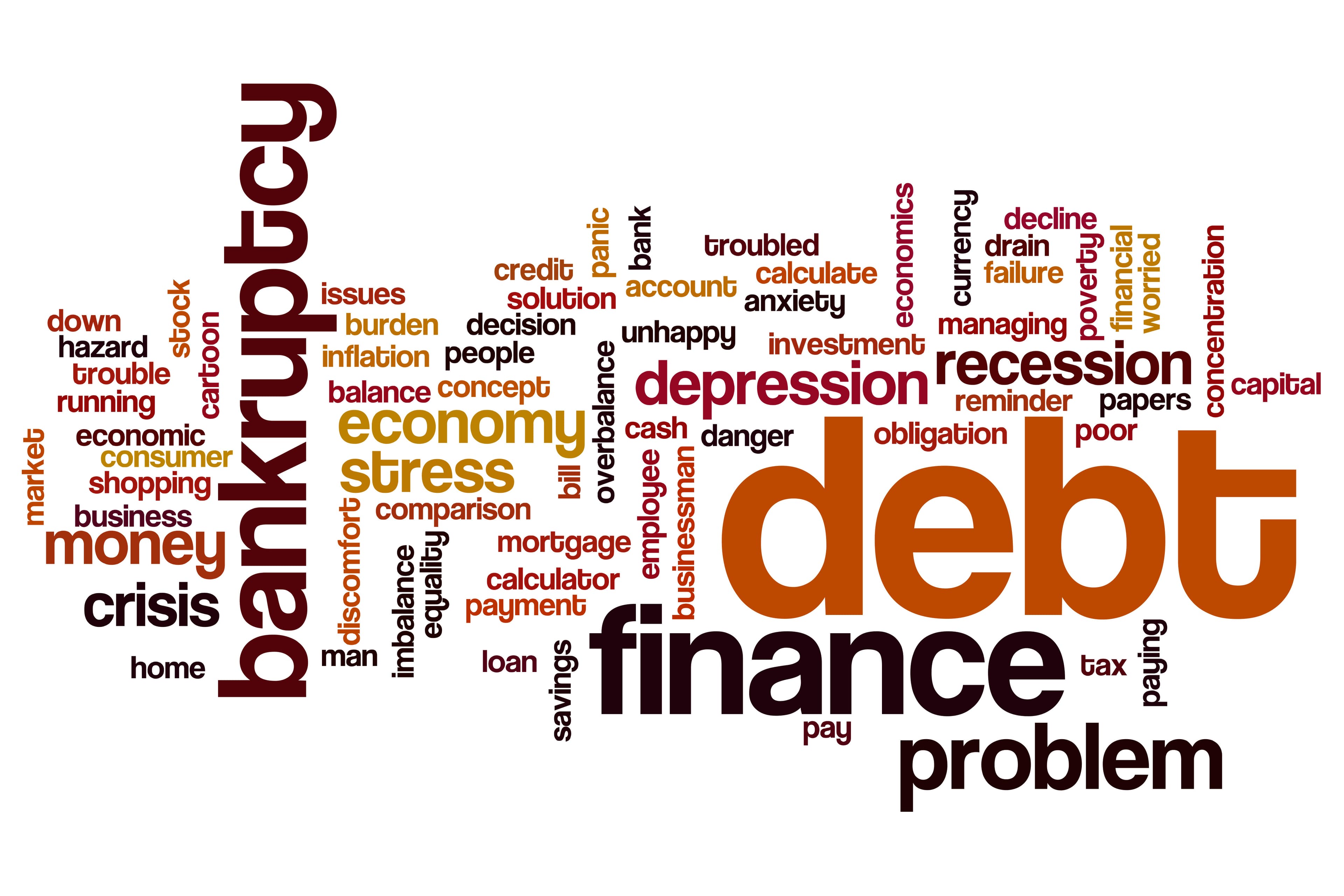Navigating Rising Debt Levels: Impact on People and the Economy

As costs continue to climb while wages remain stagnant, a growing trend emerges: many Americans are increasingly turning to their credit to navigate these challenging times. This trend has led to credit card aggregate balances surpassing an unprecedented milestone of $1 trillion. It's a stark departure from the pandemic years when households enjoyed excess savings and debt forbearances provided some relief.
Yet, as we observe these swift changes, questions arise. How have times transformed so rapidly? The surge in credit balances is not the sole cause for concern; looming on the horizon is the resumption of student loan repayments, adding further strain to the spending capacity of countless households. Are we witnessing the initial stages of a potential new crisis?
The mounting debt levels in the United States carry a multitude of implications, impacting both the economy and individual citizens. In the realm of the economy, elevated debt levels can trigger instability and financial turmoil, reminiscent of the 2008 financial crisis.
On an individual level, excessive debt can unleash financial pressure, curtailing the ability to save for the future. Additionally, it can erode credit scores, thus affecting access to credit, loan eligibility, and even mortgage approvals. The weight of substantial debt can also curtail choices and flexibility, impeding the pursuit of decisions that would foster long-term financial well-being.
This burden of debt exerts a profound influence on holiday spending for both individuals and families. Substantial debt constrains the financial resources available for holiday-related expenses. When a significant portion of one's income is allocated to debt repayment, little may remain for gift-giving, travel, or other festive outlays. This can cast a shadow over what should be a joyful season, leading to stress and disappointment.
Having crossed the $1 trillion threshold, US credit card aggregate balances underscore the growing reliance on credit to make ends meet for countless Americans. This reliance, coupled with the imminent restart of student loan payments, could trigger financial stress for households and introduce potential instability into the economy. Furthermore, heightened debt levels could hinder credit scores and constrict long-term financial options, including their impact on holiday expenditures for individuals and families.
